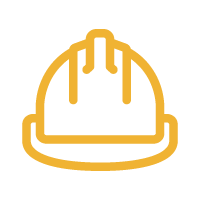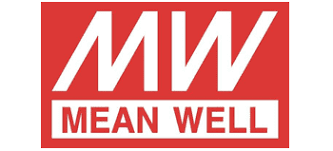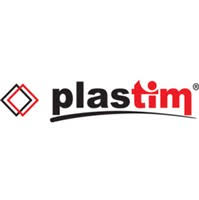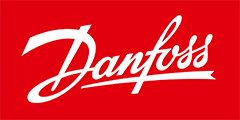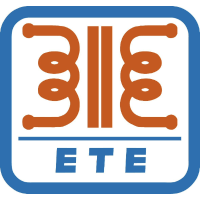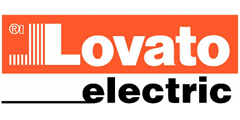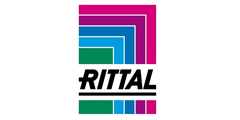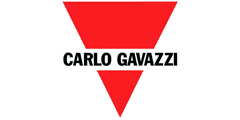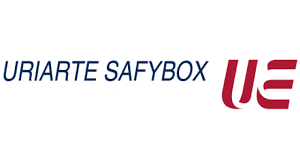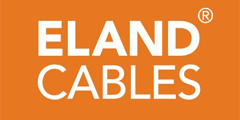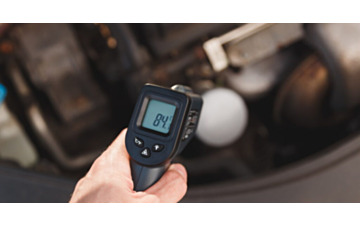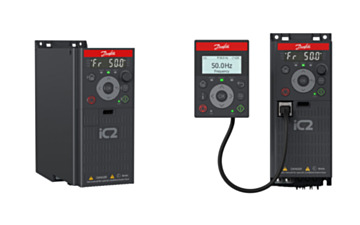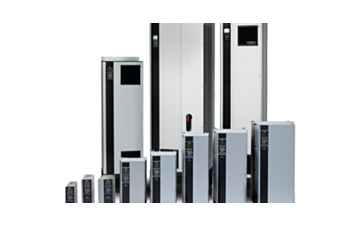Why temperature control matters for equipment longevity
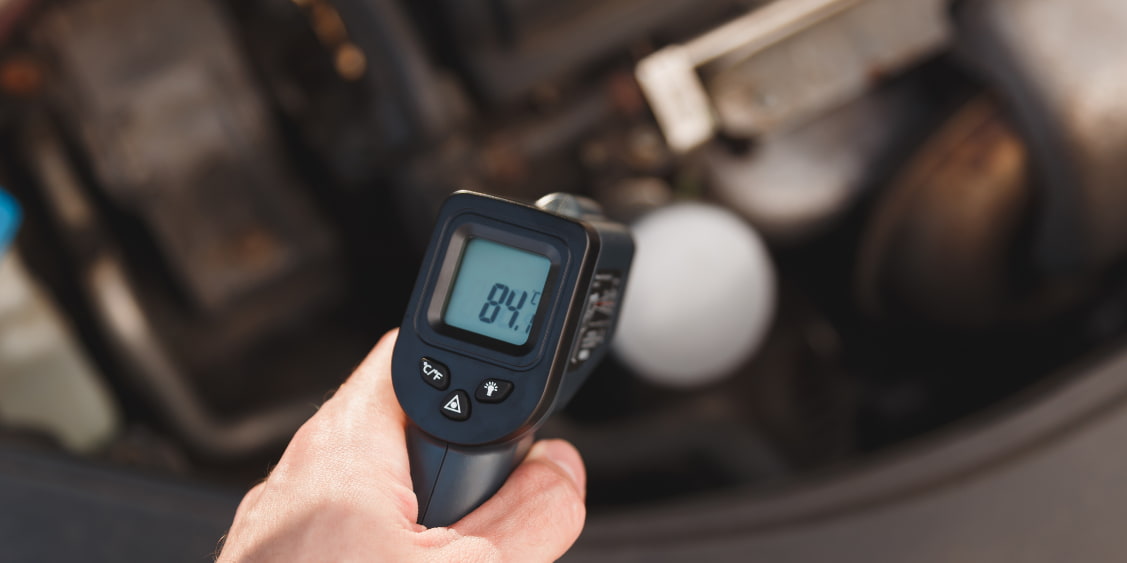
In any factory or industrial environment, equipment reliability and longevity are vital for maintaining productivity and profitability – and temperature control is one of the most crucial aspects of protecting machinery. You don’t necessarily need to be an expert to know why – extreme heat or cold can rapidly accelerate wear and tear, leading to unexpected breakdowns and costly repairs. On the other hand, taking care to maintain a well-controlled environment can effectively maximise the service life of your assets.
Those are the broad strokes – let’s take a look in a little more detail.
How humidity levels impact machinery performance
It’s not just temperature that can affect equipment life – humidity plays a significant role as well. High humidity levels in factories can cause moisture to accumulate on sensitive parts of machinery, which can lead to corrosion, rust, and reduced electrical performance. Over time, these conditions can result in the degradation of internal components, increasing the risk of failure. It’s particularly problematic in factories where machinery uses electrical components or sensitive circuitry, as moisture can cause short circuits, reduce performance, and ultimately lead to irreversible damage.
On the other hand, excessively dry conditions can lead to static electricity build-up, which can interfere with sensitive electronic components, causing faults or even permanent damage. Static discharge can cause everything from malfunctioning sensors to damaging microchips that are vital for the machine’s functionality.
Now, the ideal humidity level for most factory environments is between 40% and 60%. Achieving this balance is key to extending equipment life, as it helps maintain the integrity of mechanical and electrical parts while preventing both corrosion and static-related issues.
Common environmental threats to equipment life
Environmental factors in factories and similar industrial environments can also impose significant risks to machinery. Dust, airborne particles, and even pollutants can infiltrate equipment and cause damage. For example, dust accumulation on components can lead to overheating, as airflow is restricted, and cooling systems become less efficient. This is particularly true in industries where dust is inevitable, such as food processing or construction. Any lack of proper climate control and air filtration can make major issues a lot more likely, potentially resulting in costly maintenance and repairs.
Pollutants in the air can also settle on sensitive parts, affecting their performance and longevity (oils, fumes, or chemicals are all common culprits). For instance, oily residue can damage motors, while chemical fumes can corrode metal components, leading to failures. What’s more, exposure to extreme temperature fluctuations can cause materials to expand and contract. We won’t go too much into the science behind it, but the main thing is that over time, this can weaken components and lead to cracking or malfunction.
Best practices for effective climate control in factories
To ensure a stable environment that protects your equipment, an evergreen priority will always be to implement best practices for climate control. Industrial air conditioning and ventilation systems are the first line of defence against fluctuating temperatures. These systems help maintain a consistent internal environment, preventing overheating or chilling, which could otherwise harm the equipment. What’s more, using dehumidifiers or humidification systems can regulate the moisture levels in the air, balancing humidity to ideal levels for machinery operation.
Then of course, there’s the even more obvious: investing in air filtration systems can further protect against dust, pollutants, and airborne particles. These systems work to filter out harmful particles, ensuring that air quality does not compromise your machinery’s performance. Regular maintenance of these systems ensures that they operate efficiently and reliably over time. Scheduled servicing and cleaning of air conditioning, dehumidification, and filtration systems will all ensure that they continue to function as intended, keeping your equipment safe and operational.
The long-term savings from climate control investment
Investing in effective climate control systems may seem costly at first, but the long-term savings can be substantial. As we’ve touched upon a few times throughout this article, maintaining a consistent temperature and humidity level means that you can significantly reduce the need for expensive repairs and replacements caused by environmental factors. Machinery that is protected from extreme conditions tends to last longer and operates more efficiently, leading to fewer operational disruptions. And with less frequent breakdowns, you can minimise the costs of emergency repairs and downtime.
For factories, a controlled climate not only protects equipment but also ensures consistent output and performance. Reducing the frequency of machine failures, combined with the energy efficiency that proper climate control often brings, leads to lower operational costs over time. With fewer repairs and replacements required, the initial investment in climate control pays for itself in savings and higher production efficiency.
All this goes some way to illustrating exactly why products like our own climate control enclosures are so vital here at LED Controls. If you need a quick refresher, it’s worth checking out this piece on the essentials.
It’s worth noting that it’s not an exhaustive guide, but designed to provide some useful insights to help you get the most out of your enclosures. And if you ever need to replace any of your existing enclosures, or bring in new ones to expand your operations, you can always count on us here at LED Controls to provide the very best prices.
With more than two decades of experience behind us, we supply a wide range of components, including enclosures, programmable logic controllers, variable speed drives, and motor control gear equipment. Feel free to explore what we have available – and of course, if you ever have any questions or need any advice, you can always give us a call on 01706 242050. Our team is here to help!

